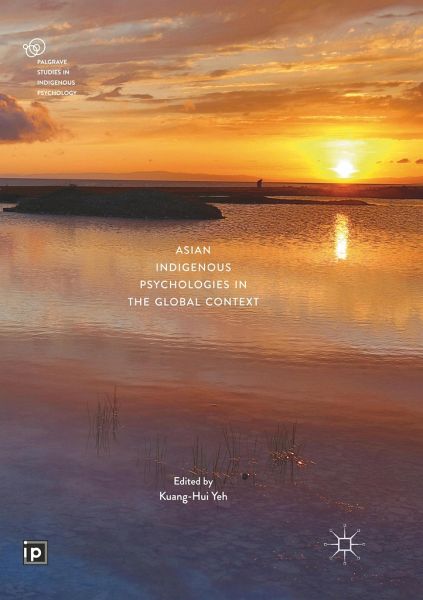
Asian Indigenous Psychologies in the Global Context
Versandkostenfrei!
Versandfertig in 6-10 Tagen
91,99 €
inkl. MwSt.

PAYBACK Punkte
46 °P sammeln!
This volume introduces Asian indigenous psychologies with an emphasis on major theoretical and practical issues. The contributions demonstrate the potential for the indigenous psychologies of Asia to offer an alternative model of the internationalization of psychology-an internationalization not dominated by Western psychology. As a whole, this volume explores knowledge production outside of Western psychology; asks important questions about the discipline, profession, and practice of Asian indigenous psychology; makes critical appraises of cultural and psychological assumptions; sheds light o...
This volume introduces Asian indigenous psychologies with an emphasis on major theoretical and practical issues. The contributions demonstrate the potential for the indigenous psychologies of Asia to offer an alternative model of the internationalization of psychology-an internationalization not dominated by Western psychology. As a whole, this volume explores knowledge production outside of Western psychology; asks important questions about the discipline, profession, and practice of Asian indigenous psychology; makes critical appraises of cultural and psychological assumptions; sheds light on the dialectics of the universal and the particular in indigenous psychology; and explores the possibilities for a more equitable global psychology.












